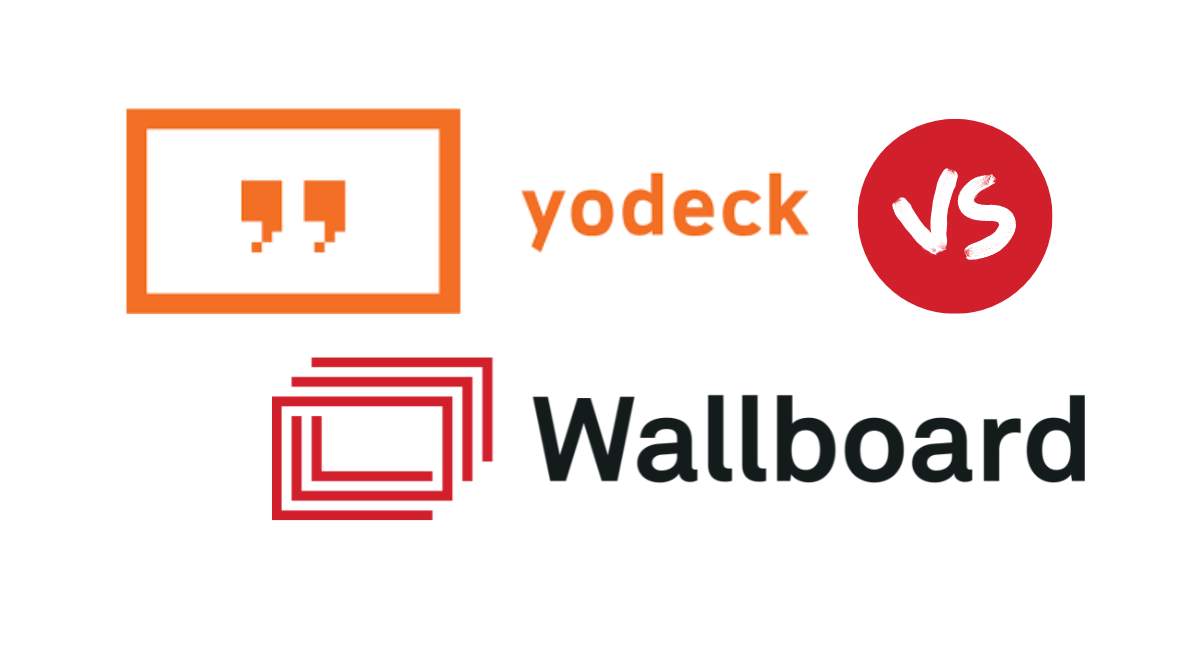
1. Hardware Compatibility
In a world where technology continually evolves, IT departments face the challenge of working with diverse hardware types and devices. While having a standard device type simplifies management, organizations must sometimes deploy various hardware to their digital signage network. It is, therefore, crucial for the CMS to allow seamless integration and management of all these devices under a single software umbrella. This ensures smoother operations, reduced complexities, and more efficient device management.
2. Infrastructure Flexibility
The choice of infrastructure often depends on the organization's unique requirements. While a cloud-based solution is favored by many – owing to the fact that the server-side is vendor-hosted and managed – there are circumstances that demand dedicated cloud servers or even on-premises setups. A CMS that offers this flexibility is golden. It ensures that the IT department can choose a solution that aligns with the organization's strategic goals and operational preferences.
3. Enterprise Security
In today's digital era, security is paramount. IT departments are the custodians of organizational data, and they'll naturally scrutinize any CMS for its security credentials. Essential security aspects include partnering with a reputable cloud-service provider, incorporating features like database encryption, and tools for detecting brute force attempts. Additionally, proof of regular penetration tests is a sign that the CMS vendor is proactive about securing their platform and, by extension, their clients' data.
4. Single Sign-On (SSO)
The integration of SSO is becoming non-negotiable for many organizations. By enabling users to access the CMS with a single set of credentials, it simplifies user management and enhances security. A CMS that supports SSO integration shows a commitment to providing both convenience and security.
5. Hardware Analytics, Alerts & Notifications
In the realm of digital signage, uninterrupted service is essential. Therefore, IT departments need the tools to monitor device health remotely. This includes keeping an eye on metrics like memory usage, network traffic, and log events. An efficient CMS will also offer email alerts and notifications, ensuring that IT teams can act swiftly if a screen goes offline or other issues arise.
6. Customer Support
While IT teams possess expertise in various domains, they shouldn't be bogged down with end-user queries related to the digital signage CMS. Reliable customer support from the software vendor can make all the difference. Knowing there's a dedicated team ready to assist when challenges arise provides peace of mind and ensures smooth daily operations.
In conclusion, as digital signage continues to be an integral part of modern business infrastructure, it's vital that IT stakeholders have the right tools and features at their disposal. Choosing a CMS that aligns with these six critical areas ensures a robust, secure, and efficient digital signage operation.

.png)


